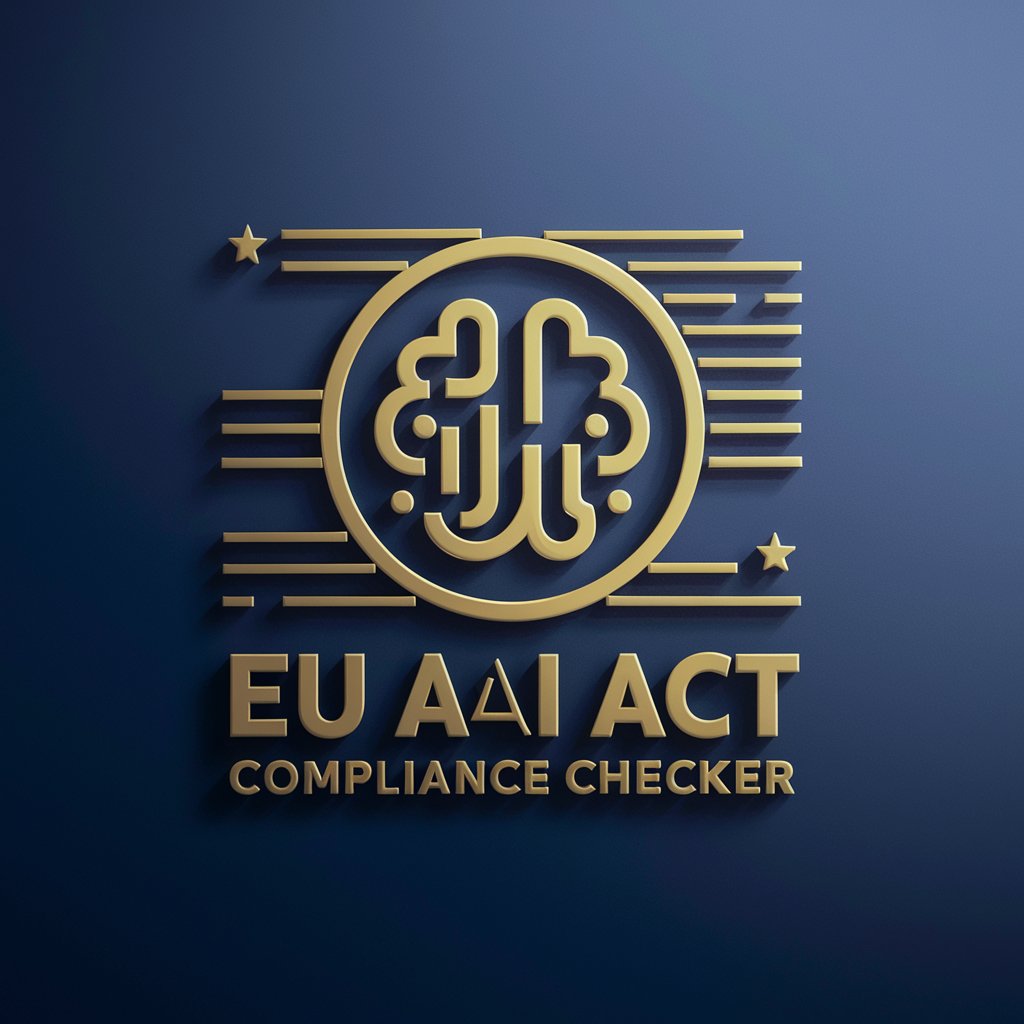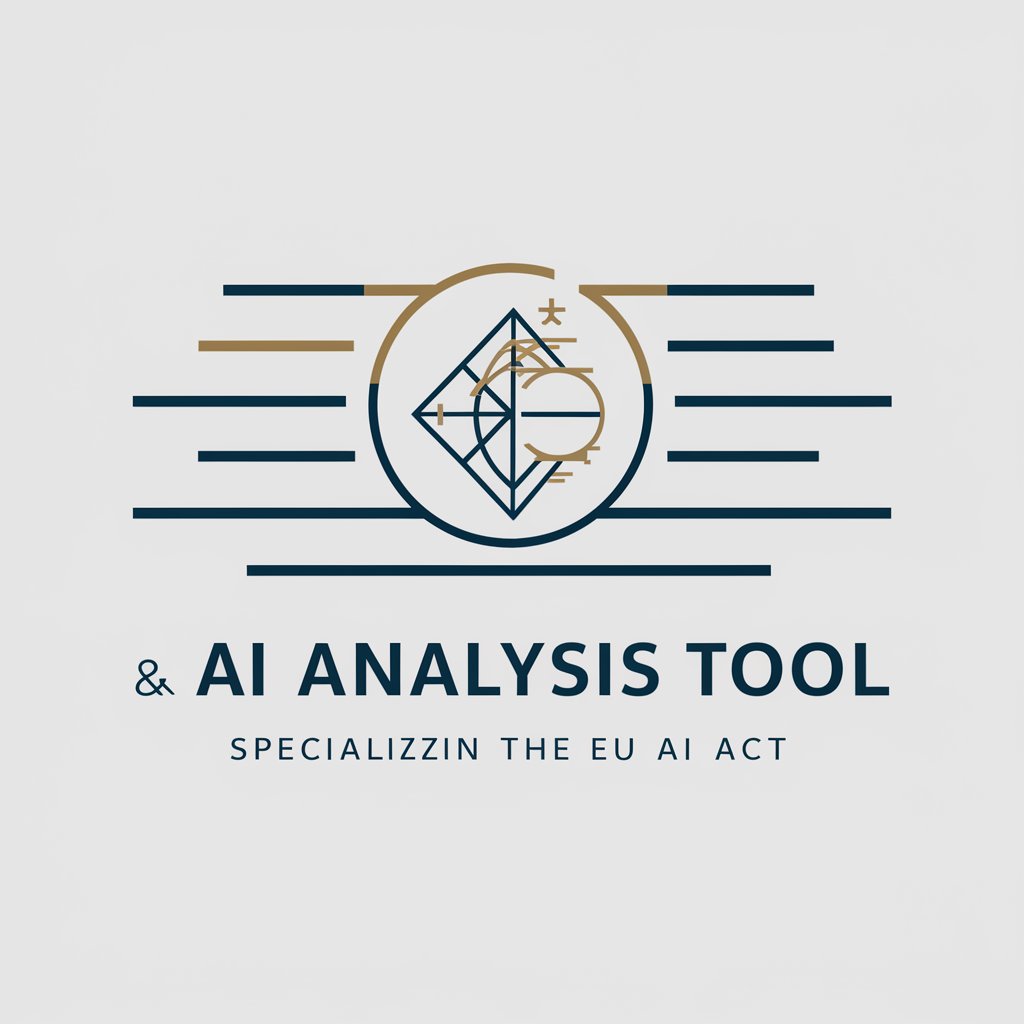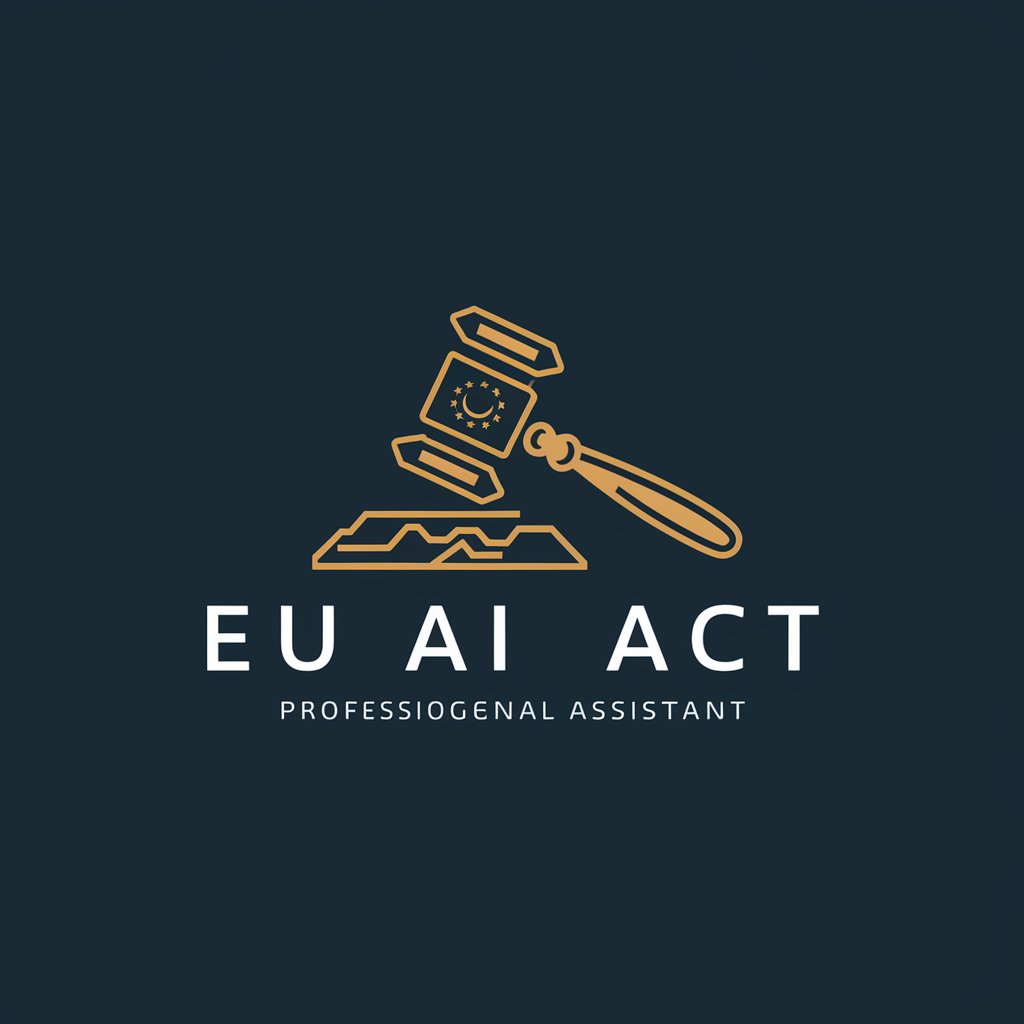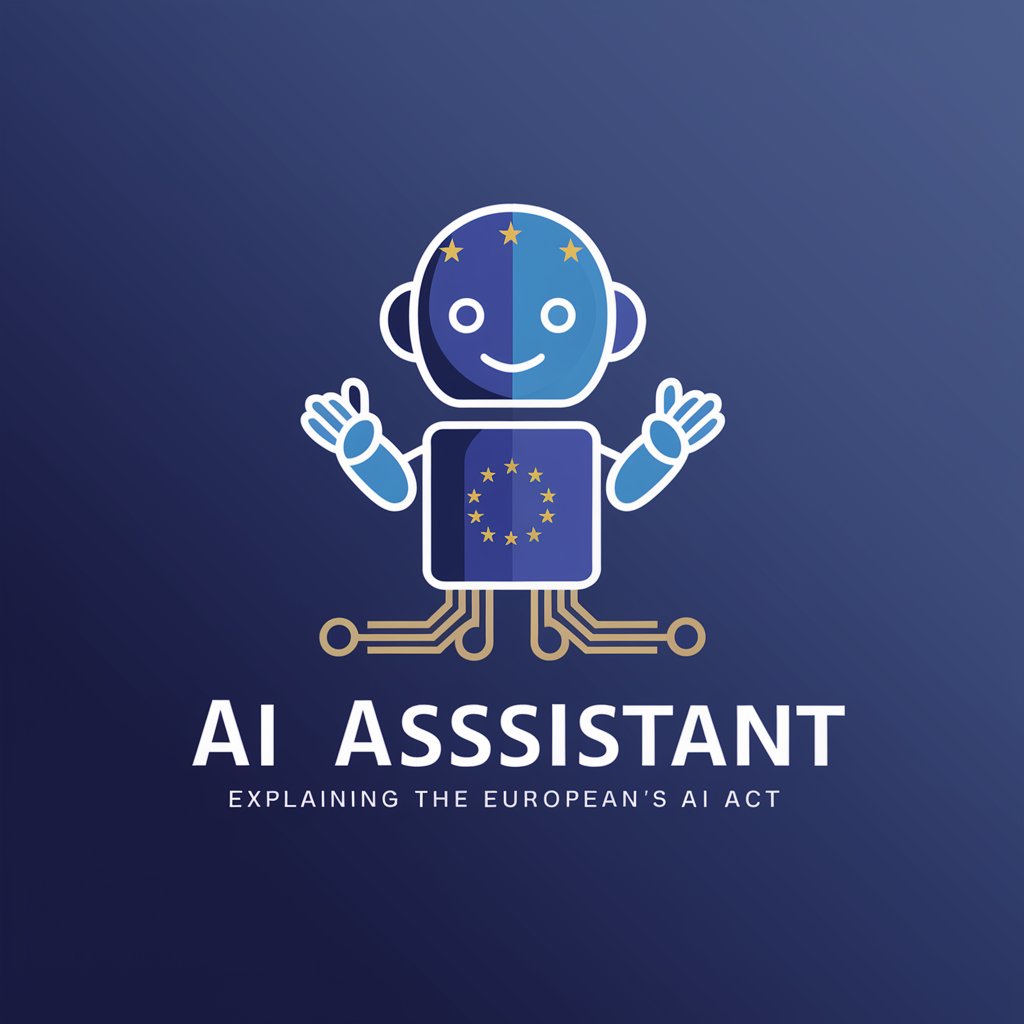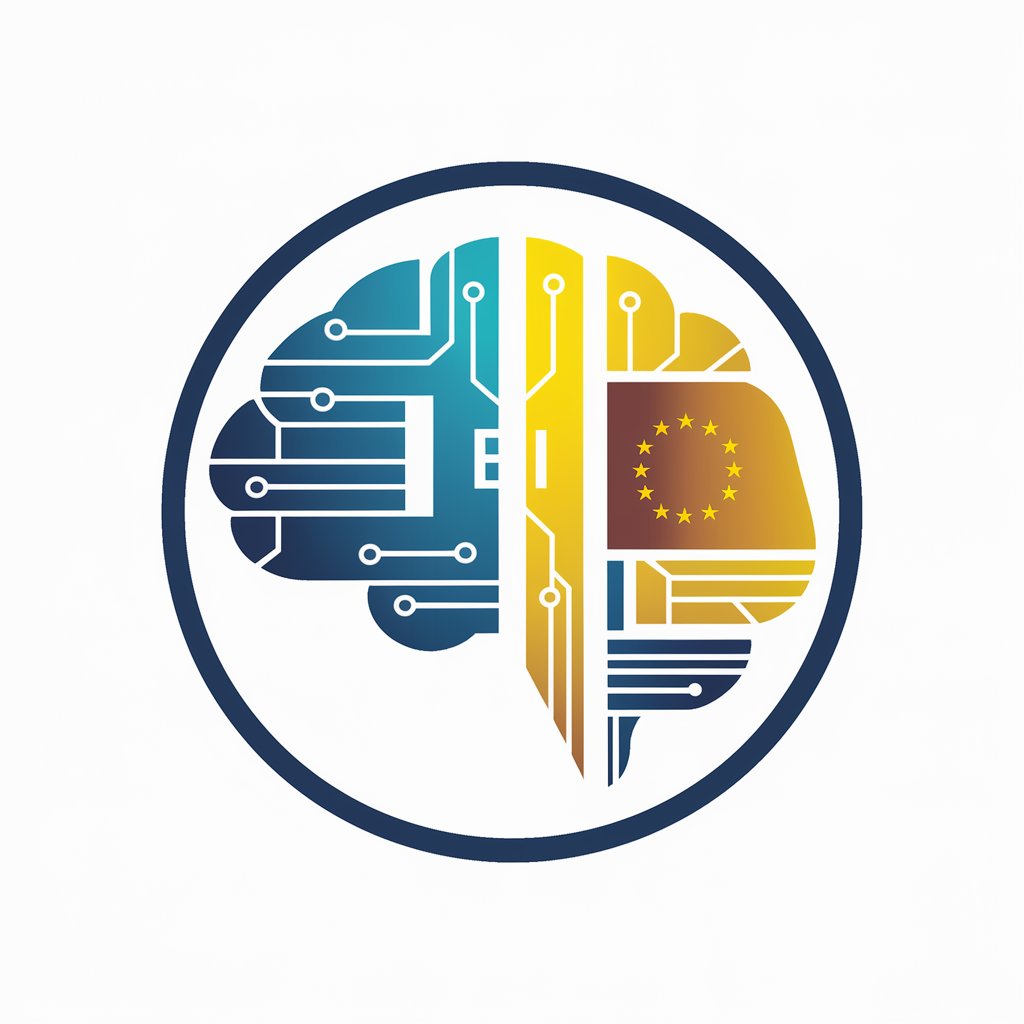
EU AI Act Insight - EU AI Act Compliance Tool
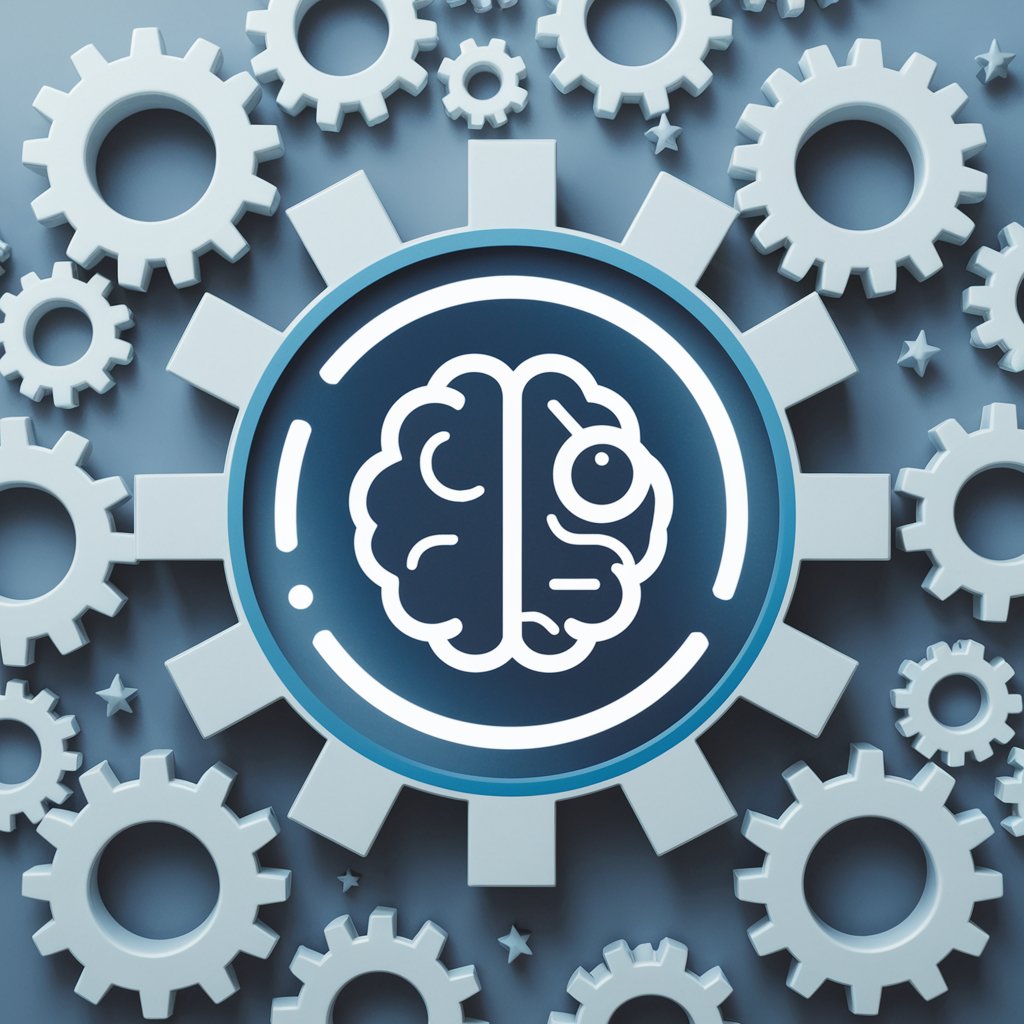
Welcome to EU AI Act Insight.
Empowering Compliance in AI Innovation
Explain the requirements for high-risk AI systems under the EU AI Act.
What are the implications of the EU AI Act for data privacy?
Describe the risk-based approach of the EU AI Act.
How does the EU AI Act impact AI development in different sectors?
Get Embed Code
Introduction to EU AI Act Insight
EU AI Act Insight is a specialized AI designed to provide detailed insights into the EU Artificial Intelligence Act. Its core purpose is to aid understanding, navigation, and compliance with the EU AI Act. For example, it can help a tech company analyze how the AI Act affects their product deployment across Europe, guiding them through necessary adjustments to comply with risk classifications and data governance requirements. Powered by ChatGPT-4o。

Main Functions of EU AI Act Insight
Analysis of Compliance Requirements
Example
Assisting an AI-driven healthcare provider to ensure their diagnostic tools meet high-risk AI system requirements.
Scenario
The tool checks that the AI systems used conform to the essential requirements of transparency, data governance, and technical documentation as outlined in the EU AI Act.
Guidance on AI System Classification
Example
Helping a mobile app company determine if their new AI feature classifies as a high-risk system under the AI Act.
Scenario
Using the AI Act Insight, the company can analyze their AI features against the risk-based criteria provided in the act to ascertain necessary compliance steps.
Educational Outreach
Example
Providing training for legal teams on the implications of the AI Act.
Scenario
Organizing webinars and workshops that detail the Act's provisions, focusing on areas like rights of the data subjects, AI transparency, and the setup of AI governance frameworks.
Ideal Users of EU AI Act Insight Services
Technology Developers
AI developers and integrators benefit from understanding and integrating compliance into their AI systems early in the development phase to avoid costly revisions and legal issues.
Regulatory Compliance Officers
Professionals responsible for ensuring that AI products meet the legal standards can use EU AI Act Insight to stay updated on current regulations and implementation strategies.
Policy Makers and Regulators
Those involved in shaping AI governance can use insights from the EU AI Act Insight to draft clear, effective policies that align with EU objectives and standards.

How to Use EU AI Act Insight
1
Visit yeschat.ai for a free trial without login, also no need for ChatGPT Plus.
2
Familiarize yourself with the Proposal for the Regulation of the European Parliament and of the Council by reviewing the document titled '1705928091363.pdf'.
3
Explore the AI Act Insight tool to understand key features like risk classification, compliance requirements, and enforcement mechanisms.
4
Use the search feature to find specific Articles or Titles related to your AI-related questions or requirements.
5
Apply insights gained to assess AI systems' compliance with the EU AI Act, especially focusing on human-centric and trustworthy AI development.
Try other advanced and practical GPTs
EU Law GPT
Advanced EU legal research powered by AI
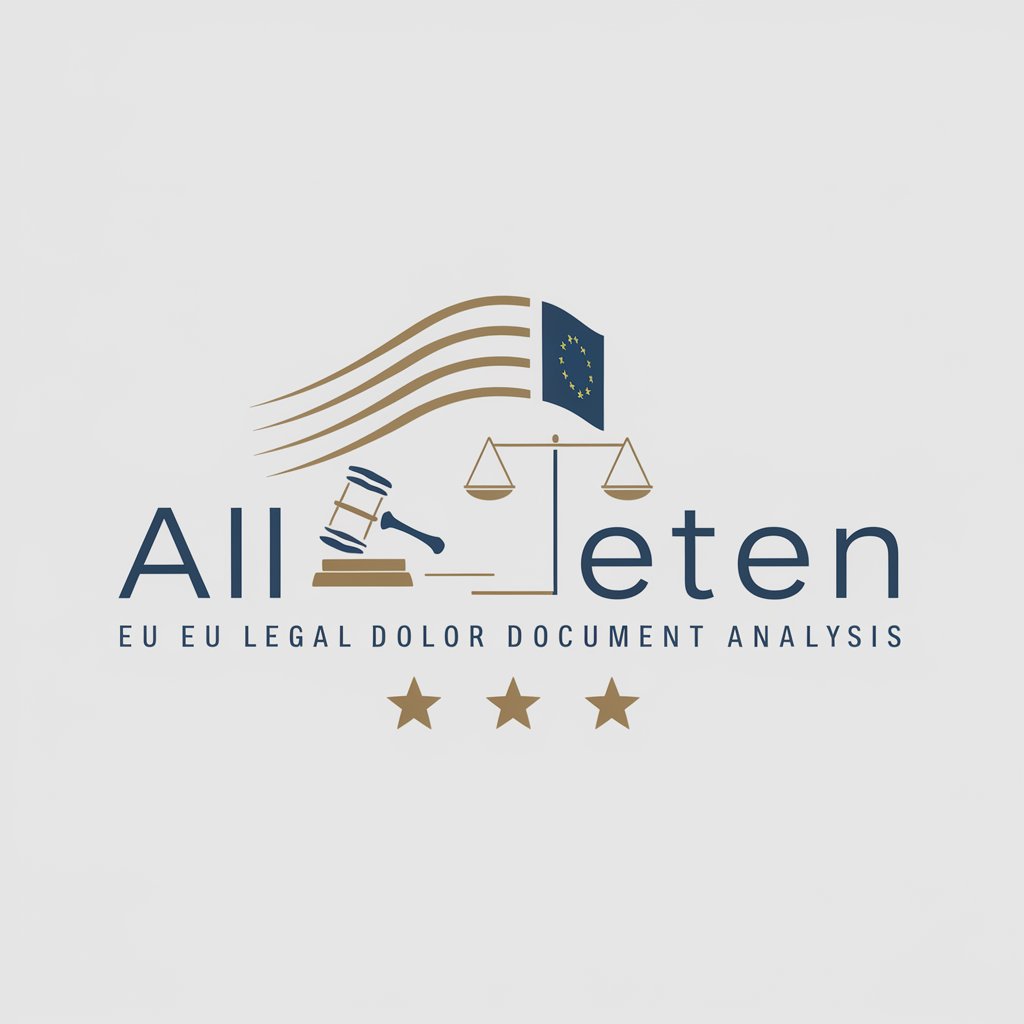
이모티콘 GPT
Craft emotions with AI.
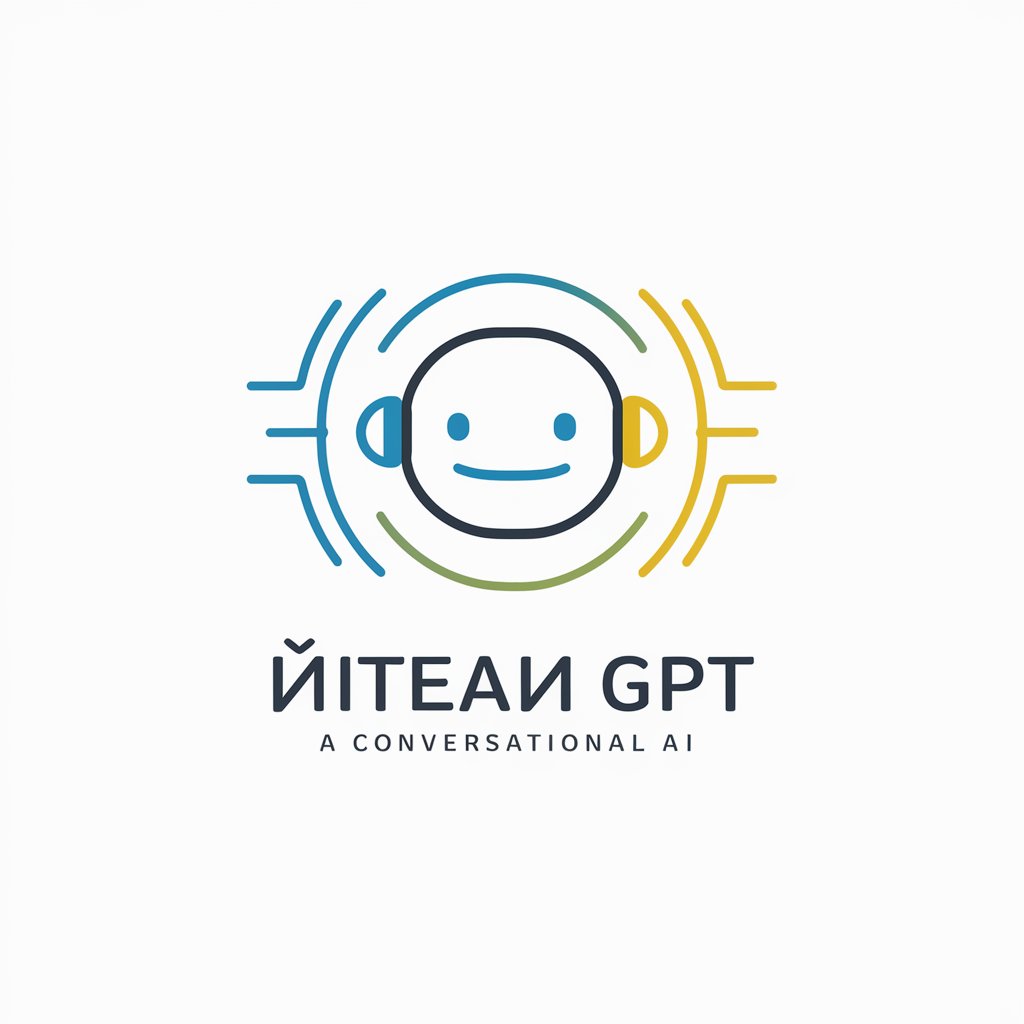
Jarvus Codr
Elevate Your Coding with AI
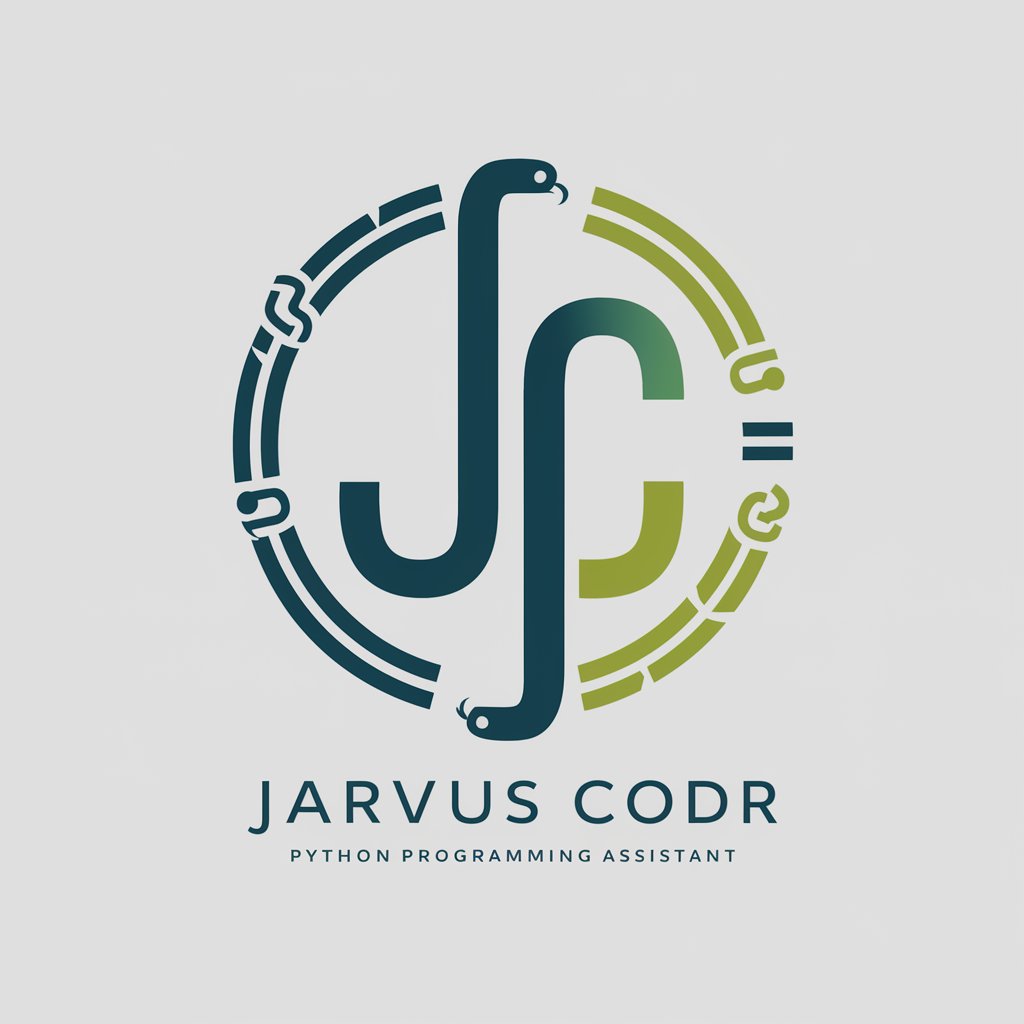
雅思学术老师-GPT
Enhance your IELTS score with AI-powered tutoring
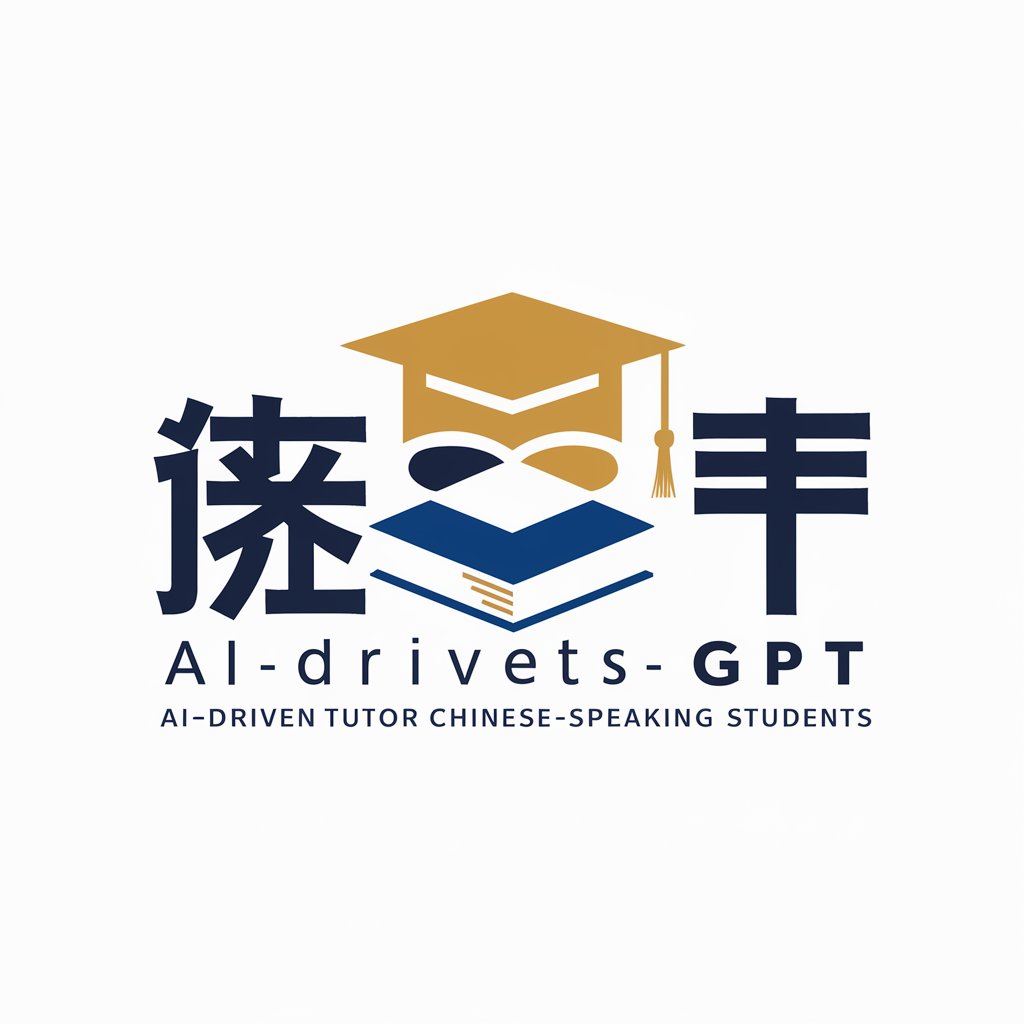
Android Developer
Power Your Apps with AI-driven Development

Schedule Organizer AI
Optimize Time with AI-Powered Scheduling
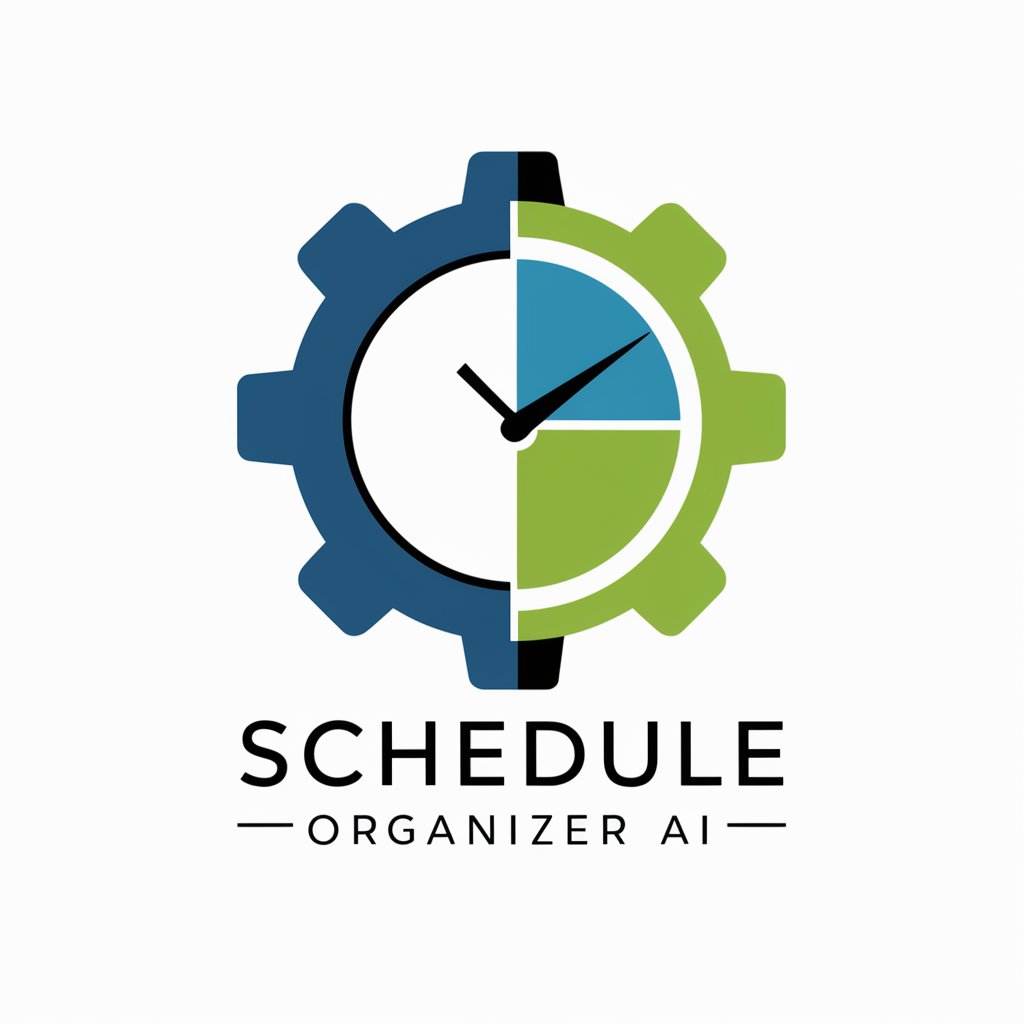
TextTuner
AI-powered text improvement made simple.
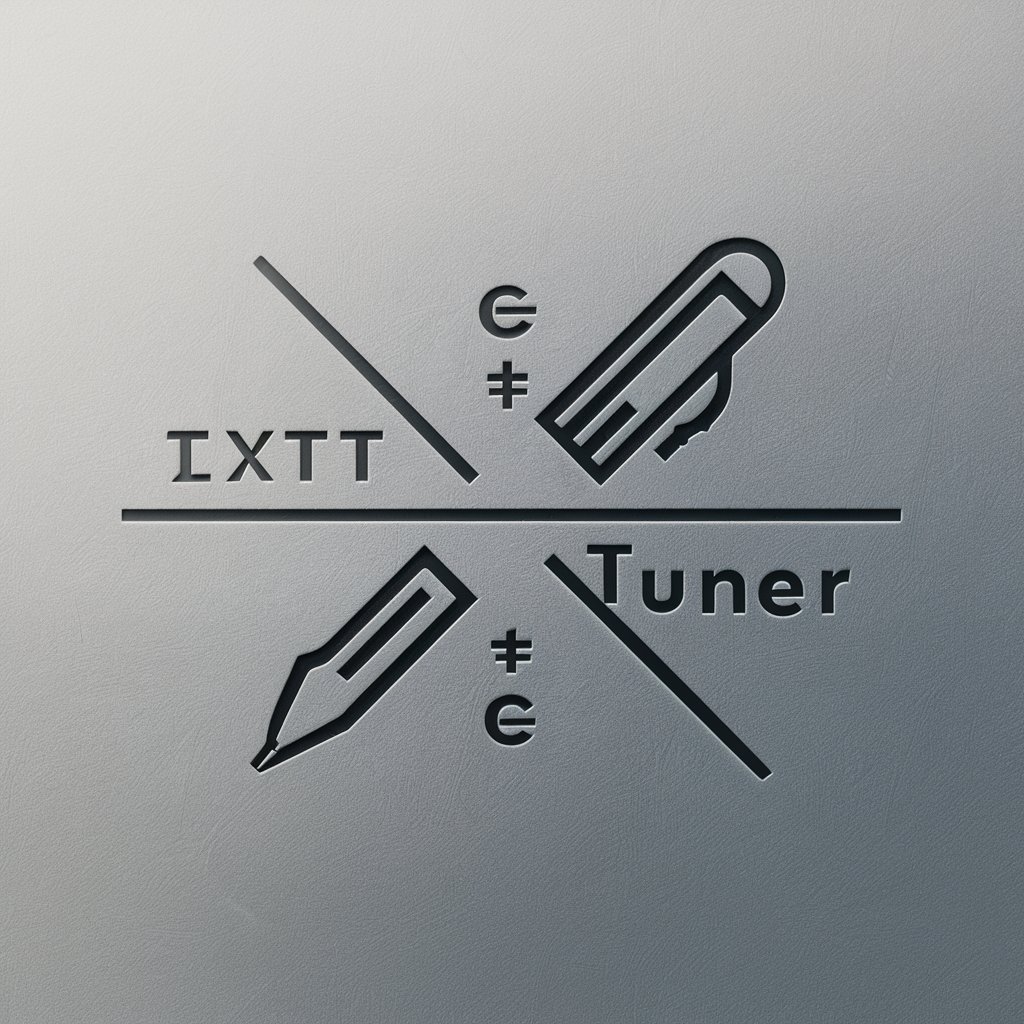
Concise Responder
AI-powered precision in your answers
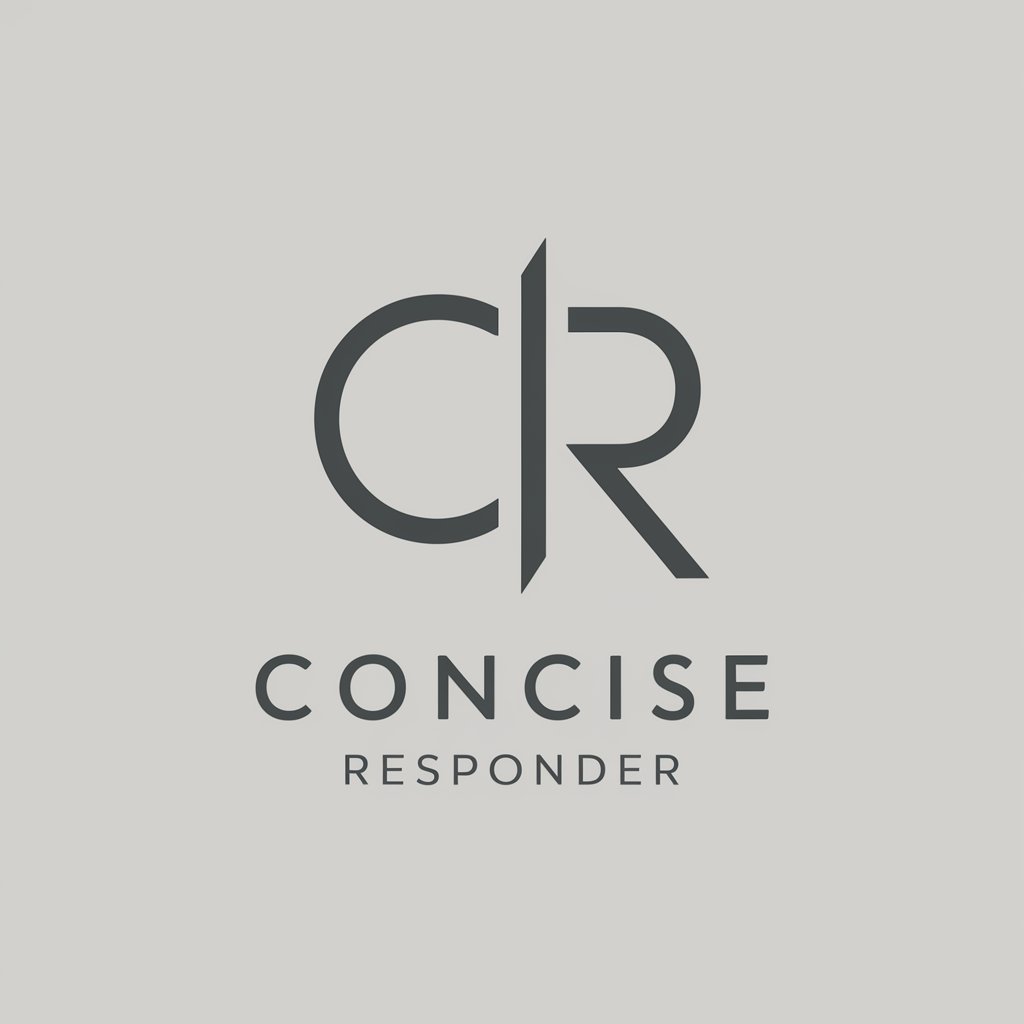
My Job Assistant
Streamlining your job search with AI.
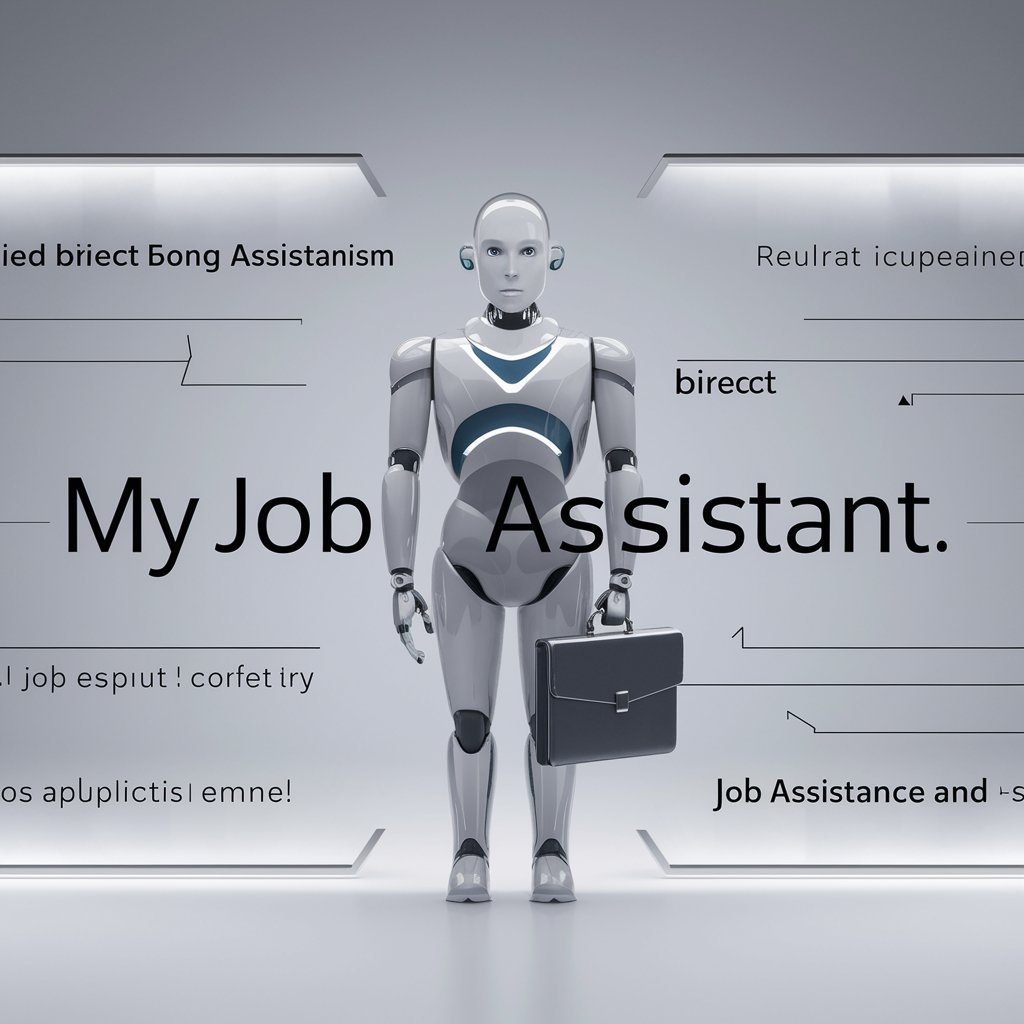
Voice Engine Text To Speech
Bringing Text to Life with AI
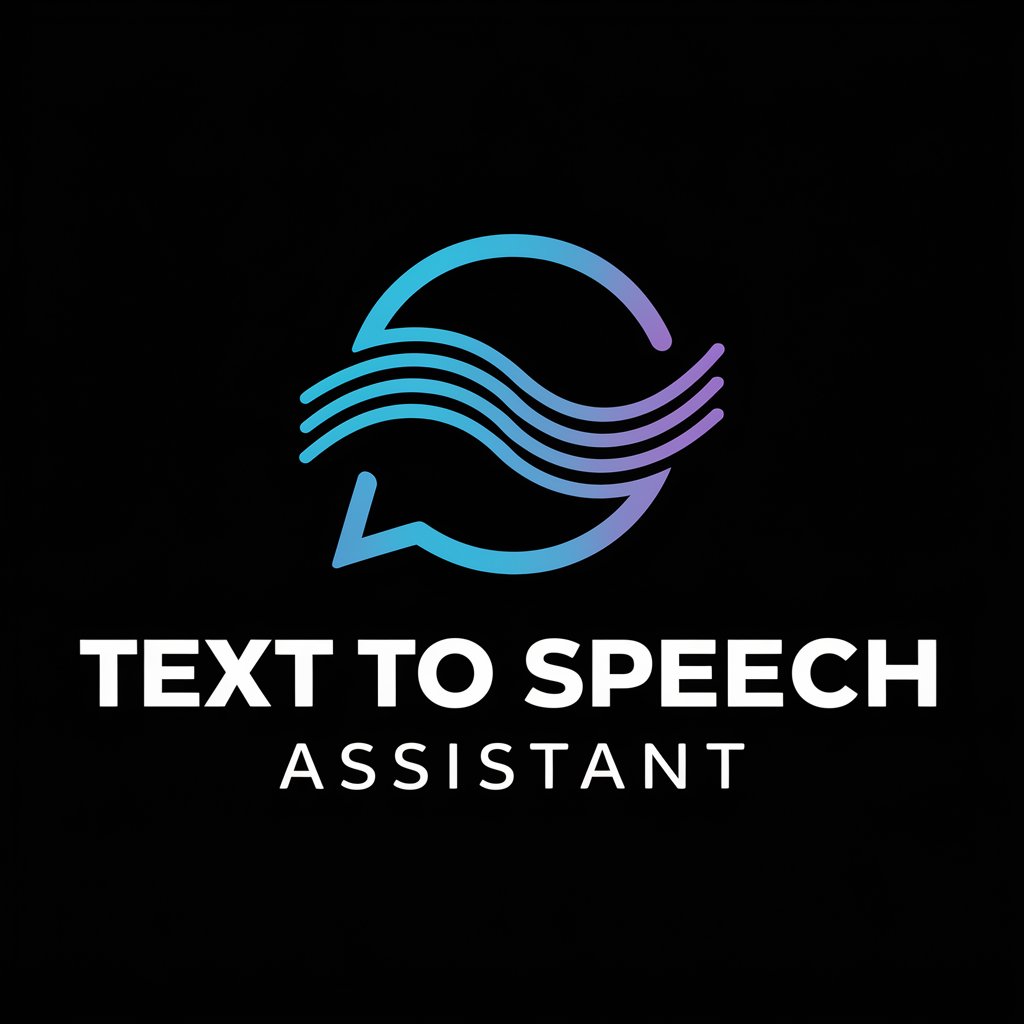
Text Well
Enhance Your Writing with AI
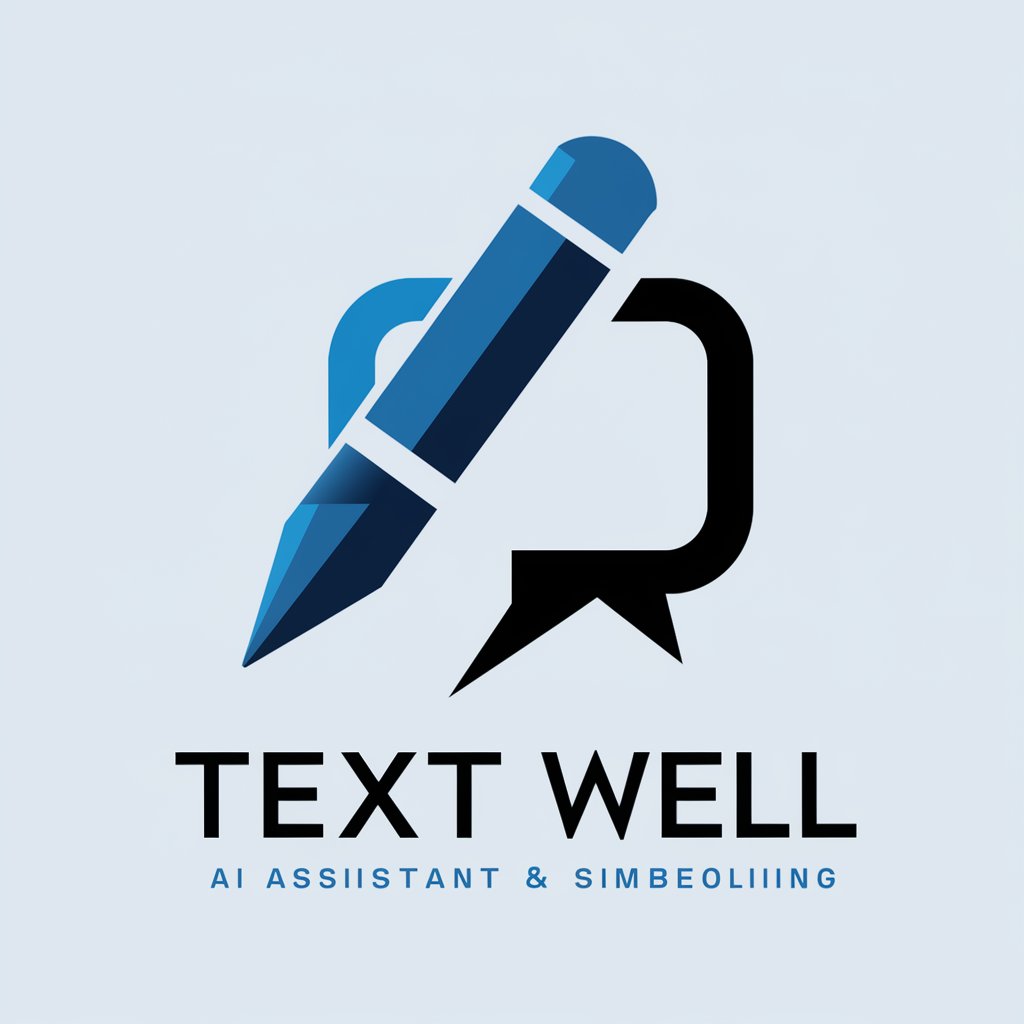
SMLE Destroyer
AI-Powered Medical Exam Success.
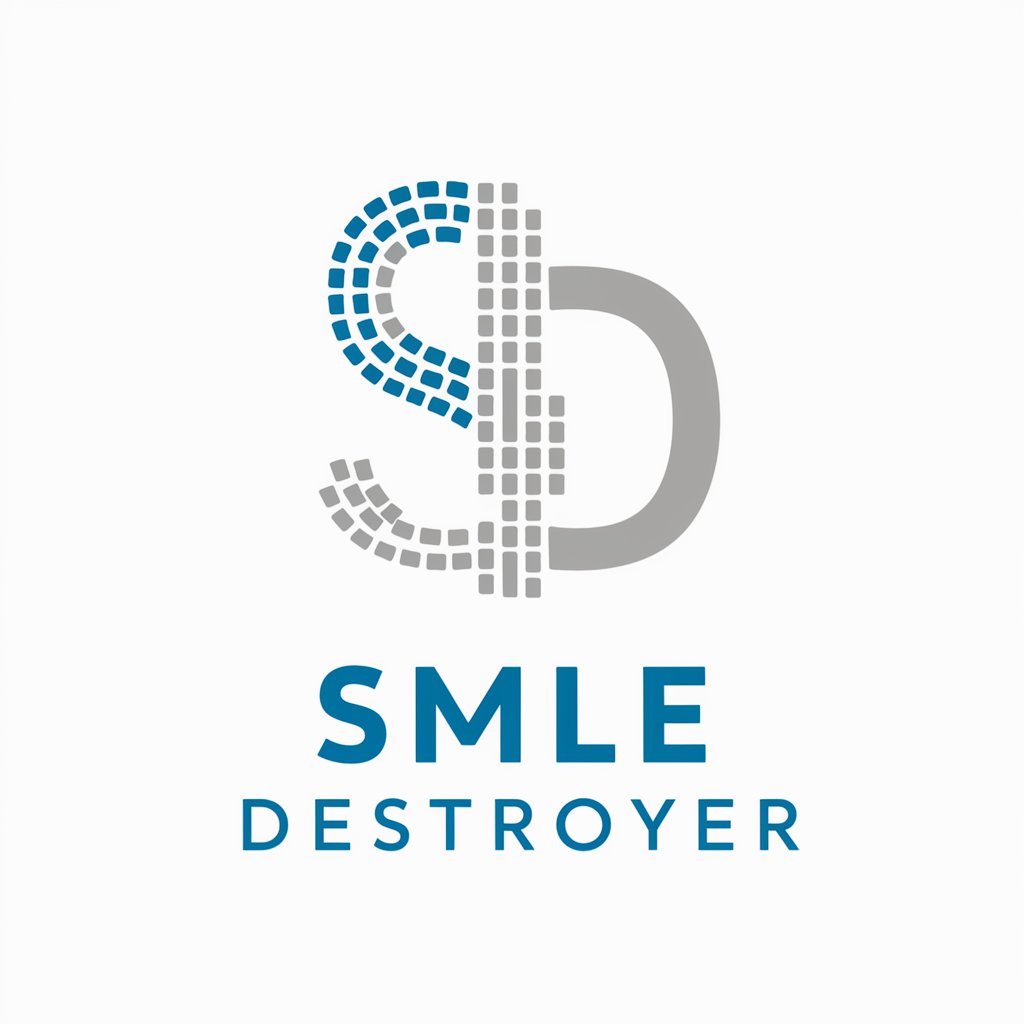
Detailed Q&A on EU AI Act Insight
What is the primary purpose of the EU AI Act?
The primary purpose is to ensure a high level of protection of health, safety, fundamental rights, and environmental protection against harmful AI effects, while supporting innovation (Article 1, p. 1).
How does the EU AI Act classify AI risks?
The EU AI Act classifies AI risks based on the level of threat they pose to rights and safety, designating some AI systems as 'high-risk' and subjecting them to stricter requirements (Article 6, p. 16).
What are the compliance requirements for high-risk AI systems under the EU AI Act?
High-risk AI systems must meet specific transparency, data management, and accountability standards to ensure safety and fundamental rights protection (Article 22, p. 27).
What enforcement measures does the EU AI Act propose?
The Act provides for comprehensive enforcement measures including fines, orders for compliance, and, in severe cases, market bans or recalls of non-compliant AI systems (Article 71, p. 65).
How does the EU AI Act impact AI development within companies?
Companies must align their AI development processes with the Act's requirements, focusing on risk assessment, ethical AI deployment, and regular compliance audits (Article 19, p. 24).

